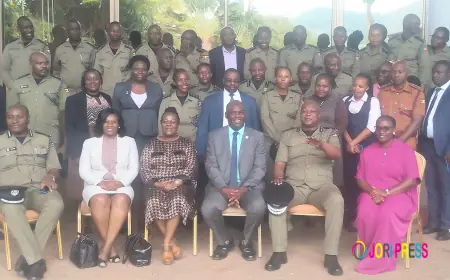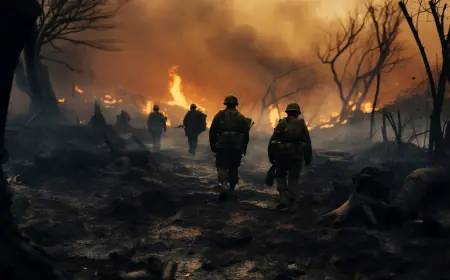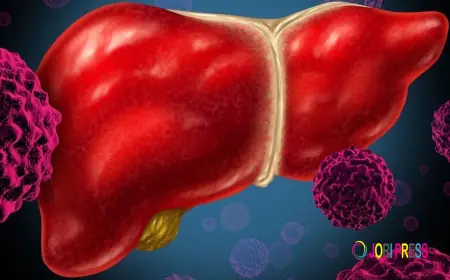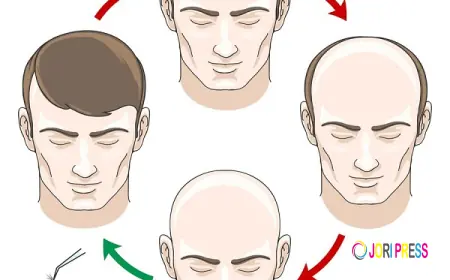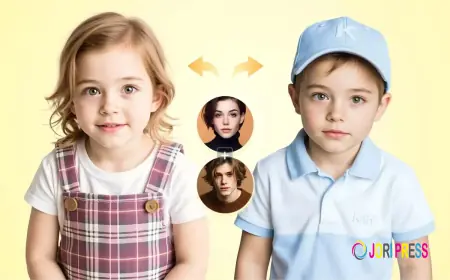Uganda’s ageing crisis in a changing world



A few weeks ago, I travelled back to Nyamiyaga to catch up on a few things we all miss about our villages: family, fresh air, cattle, maize, the old water spring, no dust, the quiet, the evening breeze, and lazy smoke rising from our simple homes.
In this quiet corner of Uganda, I met an elderly woman struggling in her small garden with slow, deliberate movements. Her face, beautifully wrinkled by time, lit up when visitors arrived.
“My children are in Kampala and some okwo omubajungu (there among Whites),” she said proudly. Then more softly, “But they don’t come home often.” We have long cared for the elderly with embrace. They are living wisdom.
They call their “Bazzukulu”, “wife or husband”. Those unfamiliar with African heritage, slow down it’s not what you’re thinking. It’s a cultural value, a sacred duty, to care for your parents, and blessings follow. We don’t send them to care homes as in much of the developed world.
But the changing world is putting this sacred bond under quiet strain. Questions now arise on how to support elders, especially those whose children have moved or who have no children. The answer is a mix of resilience, loneliness and increasingly, informal social safety nets that resemble care homes, even if we don’t call them that.
Not in the way you’d find them in Europe or North America, where care homes are standard. But the Covid-19 experience in those homes, the elderly dying in lonely conditions, even homicides have taught us something different.
In much of Africa, care homes are rare, often run by the Catholic Church or a charitable group rather than government. One such home is called Bakateyamba (those with no one to help them). Even the name suggests the concept isn’t African.
Imagine leaving your grandparents in someone else’s care. No. We want them around for their wisdom, warm embrace, blessings, stories and memories. They are especially good with grandchildren. Taking your parent to an elderly home is seen as a failure of your duty.
They sacrificed for your life and the least you can do is keep them close, right? Remittances from the diaspora (even Kampala can feel like diaspora) are vital to Uganda’s economy and to many families’ financial security. But there’s an emotional trade-off.
Children can send money, but money is not companionship. It doesn’t cook when your back aches. It doesn’t chase away loneliness. You may never know the deep thoughts and love your grandparents and parents hold for you while you’re out chasing the monster of capitalism.
The elderly often live in large, empty houses. Their phones, if they can use them, hold pictures of grandchildren they’ve never met. Some quietly lament a new generation that has forgotten them, their values and culture. Some have no children at all.
They quietly fade from society. Others survive on sheer will. Then there are the unsung heroes; the village neighbours, or grandchildren raised by these elders now returning the favour, offering something between charity and solidarity.
Stories emerge of elderly people found days after falling ill, alone in their homes. Others are exploited by relatives who misuse money sent for their care. Even a nice house you built them and monthly money don’t ease the pain of never being visited.
Like the elder I met, the old woman talks to her chickens and garden more than to people. It’s a loneliness money can’t fix. With life expectancy rising, elderly care is becoming a quiet crisis, yet remains invisible in national dialogue.
The elderly want to remain relevant, concerned about how their bazzukulu might treat them. We must help them feel safe, even when the evening stage is set. There is no comprehensive government or private elderly care programme.
The Senior Citizens Grant of Shs 25,000 monthly for those over 65 is a start, but hardly enough. They struggle to collect it, and when it arrives, nizigwa omuriro (it lands in fire), lost among many household needs. Uganda must think ahead, not just about food and medicine, but about dignity, safety, and the emotional needs of its ageing population.
We must even rethink how we define elderly care. There in Ngora, Cyanika, Bukomansimbi, Manjasi, Buhesi, Muhanga, Busanza, Angagura, Jajja watches the road every Sunday, hoping for a visitor, perhaps just a phone call.
Sometimes she smiles that African kind of smile that holds both pride and sorrow. In a country where family is everything, we must ask, who is family to the elderly when their own have moved far away?
And at policy level in the Ministry of Gender, Labour and Social Development, what kind of Uganda will we be when those who once carried us can no longer carry themselves?
The author is a concerned citizen.
What's Your Reaction?
 Like
0
Like
0
 Dislike
0
Dislike
0
 Love
0
Love
0
 Funny
0
Funny
0
 Angry
0
Angry
0
 Sad
0
Sad
0
 Wow
0
Wow
0









